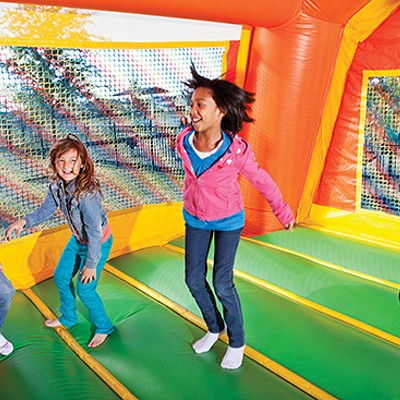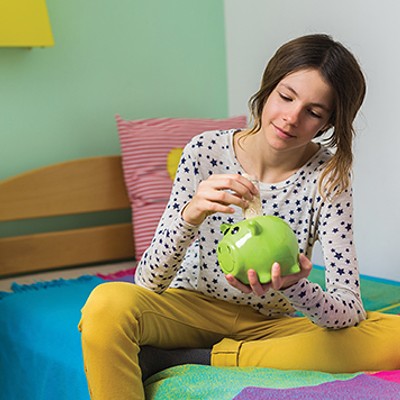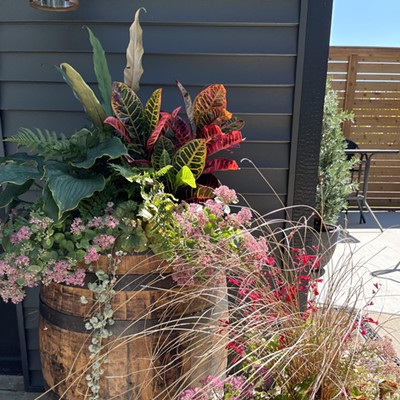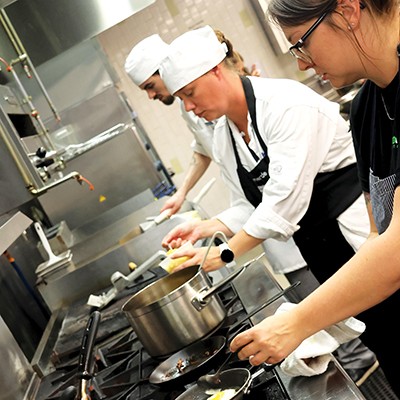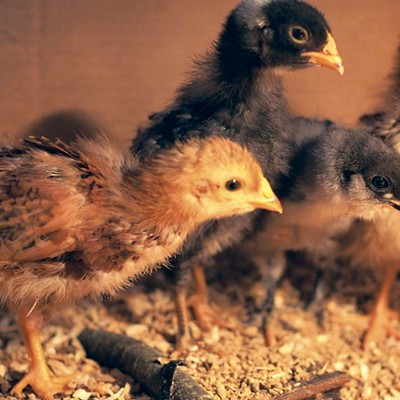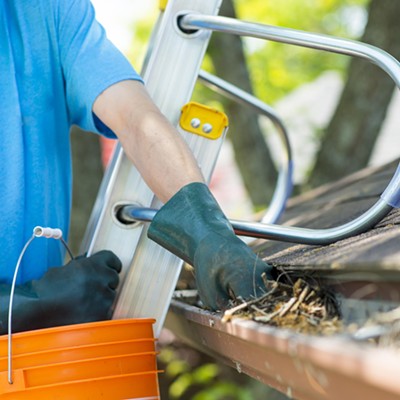Starting out in a new school for the first time can feel like a journey into the unknown, whether the student is an awkward tween or a shy preschooler leaving a parent’s side for the first time. Along with excitement over a new school year comes a slew of logistical and social-emotional obstacles for kids and parents.
Glenwood Intermediate School principal Elizabeth Gregurich explains, “There’s an intensified amount of anxiety for any student going into a new school, even if it’s with peers from the same district. Beyond just going into a new building, but going into a new classroom and standing at the door, the first decisions they have to make are, ‘Where will I sit? Who will I know?’” Addressing these obstacles in a proactive and positive way will set up both parent and child for success in starting the semester off with their best foot forward.
Gregurich advised caregivers to take full advantage of opportunities to familiarize their child with the new school and its staff well before the school year starts. Visits to the school the year before, preview nights, back-to-school meet-and-greets and visiting opportunities for students and their families are valuable opportunities to put faces to names and work out small but important details, like where to find the bathroom.
“We offer the opportunity the entire week before school starts at the intermediate, middle and high school levels for students to come and walk around the building, with guides available, to try their locker combinations, pace out their schedules, figure out when they’ll need to visit their lockers and where the restrooms are,” Gregurich said. The more preparation a student can have going into a new situation, the better equipped they will be to learn.
It’s also important to let your child take the lead when they’re walking in the classroom for the first time, Gregurich points out. “If the parent guides that first interaction with the classroom, then the student is less aware of their new surroundings than they otherwise would be.”
For younger children getting ready to start preschool or kindergarten, working with them to draw, journal or role-play can be a helpful way to prepare them for a brand new social experience, according to Denise Anderson-Davidsmeier and April Mayes, both primary teachers at Montessori Children’s House in Springfield.
“Acting things out can be a great way of revealing thoughts and feelings you may not even know your child was having; for example, a child might be sad that a friend is heading off to a different school or worry about what their cat will do all day while they’re away at school,” Mayes explained. “Even if you’re just drawing stick figures or ‘playing school’ with your child, it’s incredibly helpful to illustrate how the day is going to go as much as possible.”
“I like to do a calendar with the child,” Davidsmeier added. “Start counting down with them at least a couple of weeks before the first day of school so that it doesn’t sneak up on anyone. Most kids get to bed later in the summertime, and it’s important to start walking back their bedtime gradually so it’s not a jarring change once school starts.”
For children (and parents) that struggle with morning routines, a checklist can be helpful. Davismeier advised that children work to create the list themselves as much as possible. “Even if it’s just cutting out pictures of a toothbrush or a bowl of cereal for little kids or a timetable for older students, it helps to give them ownership. The ultimate goal is independence.” The night before the big day, going over the morning routine and even little details like picking out clothes together the night before can make for a smoother start.
When it comes to dropping off a child that first day, don’t linger. Arrive at the scheduled time so your child can join the class with the rest of their group. Have a quick, possibly prearranged, goodbye routine, maybe a quick kiss and a hug, then turn around and walk out the door.
Davidsmeier described her experience taking her son to school for the first time. “I was a mess. He was crying and I was sticking around, and his teacher finally said to me, ‘You need to leave.’ He was very blunt and I was a bit taken aback, but he was absolutely right. If you linger and fuss, it says to the child, ‘I’m not sure about this place, I’m not sure you’re gonna be OK.’ But if you have a quick, succinct separation it says to your child: ‘This is the best place for you, and all these people care about you.’”
For a small child that is struggling with more extreme anxiety, Mayes and Davidsmeier recommend asking the school if the child could be allowed to bring a small ‘attachment object’ with them to school. “A personal memento, something unobtrusive that won’t distract the class, like a pebble in a pocket or a necklace that can be tucked into their shirt, or even a heart drawn on a child’s palm can be a useful way to help them take a little bit of their home with them into the school day,” said Mayes.
Above all, talk to your child about what they want to get out of their school year. As the term approaches, ask about two things that they are excited about and two things that they are nervous about, so that students can learn to problem-solve as a family, Gregurich recommended. “Families working in partnership with us here at the school are essential to us to best meeting the needs of each student.”
Back to school anxiety
[
{
"name": "Air - MedRect Combo - Inline Content 1",
"component": "11490391",
"insertPoint": "3",
"requiredCountToDisplay": "1",
"parentWrapperClass": "fdn-ads-inline-content-block"
},{
"name": "Air - MedRect Combo - Inline Content 2",
"component": "11490392",
"insertPoint": "7",
"requiredCountToDisplay": "5",
"parentWrapperClass": "fdn-ads-inline-content-block"
},{
"name": "Air - MedRect Combo - Inline Content 3",
"component": "11490393",
"insertPoint": "12",
"requiredCountToDisplay": "9",
"parentWrapperClass": "fdn-ads-inline-content-block"
}
]
Illinois Times has provided readers with independent journalism for almost 50 years, from news and politics to arts and culture.
Your support will help cover the costs of editorial content published each week. Without local news organizations, we would be less informed about the issues that affect our community..
Got something to say?
Send a letter to the editor and we'll publish your feedback in print!




